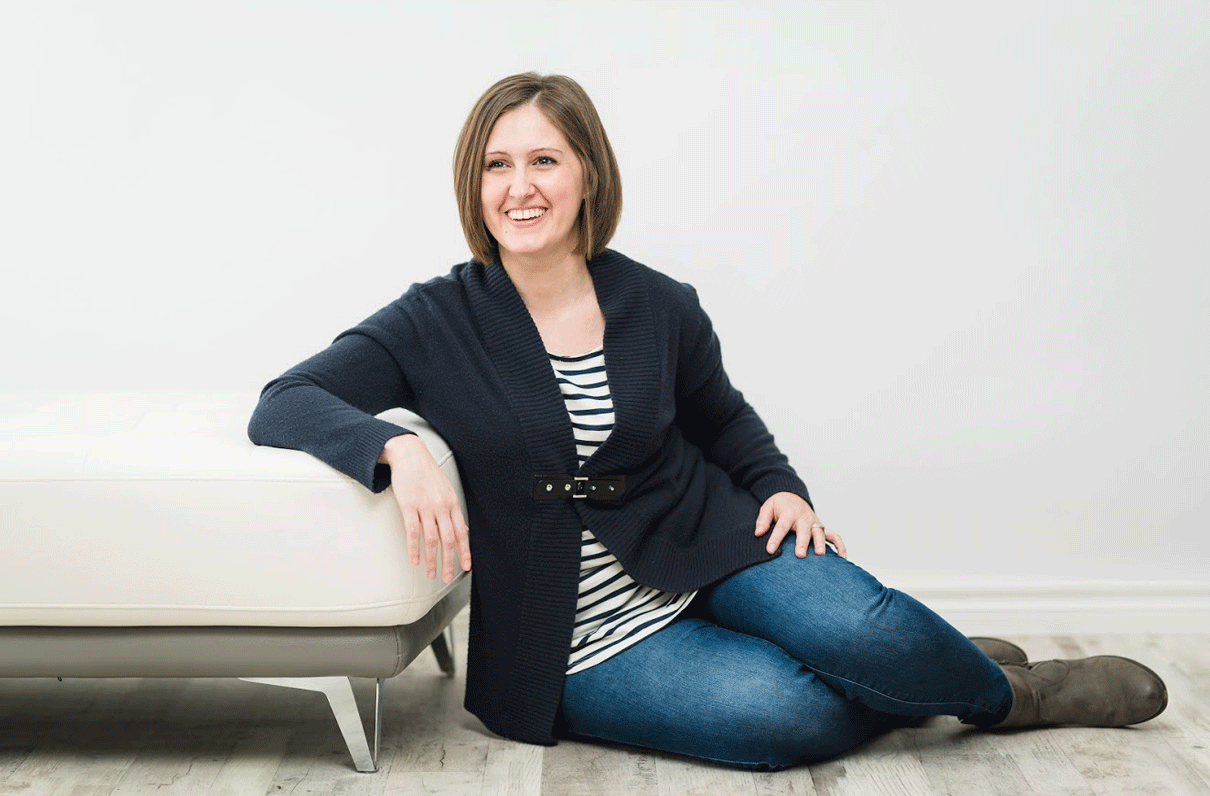By Alison Buckholtz
As a child, Melissa Rogers liked to dig into the jumble of shoes at the bottom of her mother’s closet, match up each pair, and line them up again. When that was done, she’d take all of the dishtowels out of the kitchen drawer, refold them, and match them up by color.
“Bringing order to spaces is one of my greatest joys,” she says. “I’ve always found it extremely satisfying.”
Rogers married her husband Eric, now a master sergeant in the Air Force, 13 years ago, giving her plenty of opportunities to organize, reconfigure their family’s belongings, and try to impose order as they moved duty stations across the U.S. and overseas. The skills she gained as an Air Force Spouse allowed her to turn her passion into a career as a professional organizer, “helping hard working women reinvent spaces as they transition through the different phases of life.”
Among military spouses, that may as well be code for PCS move. So it’s no surprise that Rogers has become known as “the Marie Kondo of military families” in San Antonio, where her family is now stationed. Marie Kondo is, of course, the home-organizing guru features in a new Netflix series, “Tidying Up with Marie Kondo.”
Rogers brings unique insights into the process of saying goodbye to belongings: “Being a military spouse myself means moving every couple of years and constantly reassessing my inventory of belongings. With each move, my perspective shifts on the value I place on my items. I’ve learned that when a sentimental item gets broken or lost in the move, although my heart aches, I can find other ways to keep the memory close to my heart. Being introspective about my own items and the role they play in life allows me the opportunity to relate to my clients.”
Military families have a common struggle to part with items that “bookmark a previous part of life they don’t want to forget,” Rogers says. And since professional movers typically pack and unpack homes for military families, “we don’t feel a strong pull to get rid of outdated items.” This can snowball into a problem during a PCS when storage isn’t sufficient, or weight restrictions impose additional fees.
Face-to-face meetings help Rogers and her clients resolve some hard conversations about what to keep and what to donate or discard. “Each client is at a different starting point and so my job is to meet them at their level; it’s an emotional experience for some,” she acknowledges. Sensitivity and a grasp of human nature helps Rogers direct the conversation to her clients’ past, helping them to understand the impulse holding on to an item.
Delving into that can get emotional, Rogers says. “Sometimes [the desire to keep something] becomes [clearer] when we talk about different life stages,” she says. For example, a 40-year-old mother “might still be holding onto clothes she wore in college or in her early 20s, so when we talk through what to discard, we focus on why those clothes are no longer able to serve her as the person she is now.” These sorts of discussions move the process along, teaching clients to ask themselves those same questions and purge even more items after Rogers has left.
As Rogers works with her military family clients to organize their households, she also eases their transition to a new place and connects them with local resources. She may direct a donation of a client’s gently used baby gear to a community center, or refer a client with too many business suits to a shelter that helps women transition back into the workforce.
But whether Rogers’ clients are military families or not, she conveys the idea, much Iike Marie Kondo: “With every project, my main goal is to help the client navigate their possessions and feel good about letting go. I want them to surround themselves with items that make them feel happy and at peace in their homes,” she says.



